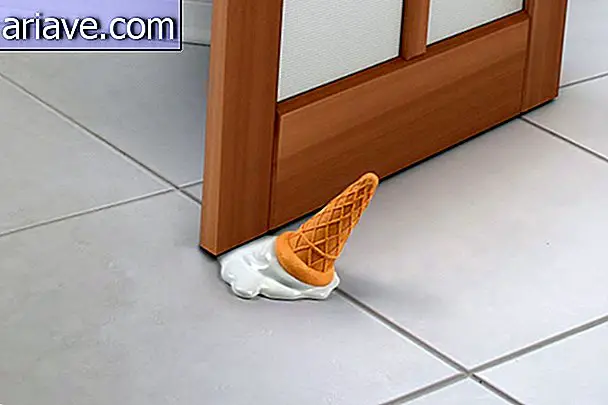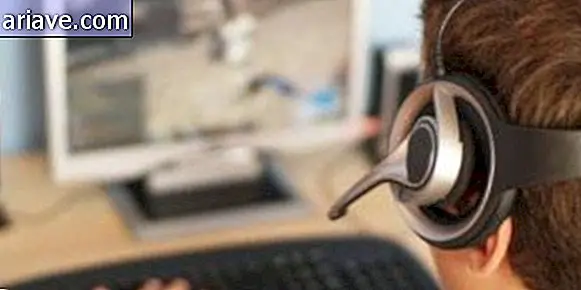Here's how it's going to be easy: Learn 10 Ways to Recognize a Liar
You probably know someone who is reputed to be a terrible liar. In these cases, it is even easy to recognize when the subject is counting a fudge, and generally, after a time of living together, we do not believe anything of what the person says. Some people, however, are smarter when it comes to telling a story that didn't happen, and it's hard to detect the little lie.
If you would like to be more aware of the signals a person gives when lying, check out this Mega publication, where we covered this same subject earlier, and be aware of the tips below from Lolly Daskal's Inc. article. He explains that lying is natural and some research suggests that we tell between 10 and 200 lies a day. Next, find out how wallet liars behave:
1. When telling a lie, people avoid eye contact and usually keep their eyes down or look sideways;
Note also body language: Liars often make gestures that mean the opposite of what they are talking about. If they say they have finished making the report, for example, and shake their heads as if to say no, we already have a hint of lies on the way;
3 - It's not just eye contact that they avoid making. In fact, when they tell a lie, they tend not to face the target of the invented story, leaving their bodies and faces turned in the opposite direction to the other's;

4 - The liar usually does not have many facial expressions when telling a "cause";
5 - They emphasize certain statements. Instead of saying, "I didn't do that, " they say, "I would never do such a thing."
6. In an attempt not to arouse suspicion, liars often evoke words that might give credence to what they are saying. They commonly use terms like "to be honest", "believe me" or "to tell the truth";
7. When you ask a question the liar was not expecting, he is likely to take a long break before answering - so he has time to make up a new story;

8 - If the person shuffles when speaking and ends up stuttering too much or exchanging words and sentences, may suspect: maybe you are being deceived;
9 - They often respond with echoes. If you ask, for example, if the document you need is already printed, the liar will probably answer “yes, the document you need is printed” instead of a simple “yes”;
10 - Also, when someone is lying, it is common to touch parts of one's body, such as the face, neck and mouth. Liars also often scratch their nose or ear, as if they are restless or bothered.
* Posted on 2/11/2017











